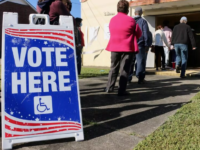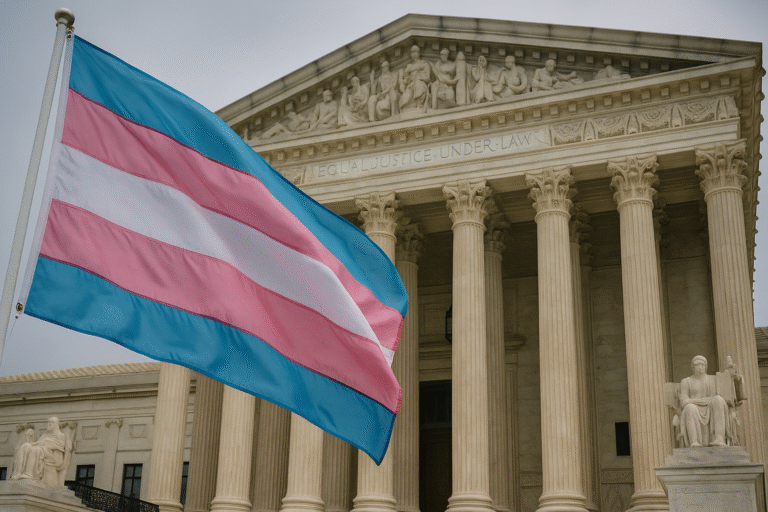In a sweeping 6-3 decision issued today, the U.S. Supreme Court upheld Tennessee’s controversial law banning gender-affirming medical care for transgender minors, ruling that the state’s restrictions do not violate the Equal Protection Clause of the Fourteenth Amendment.
The case, United States v. Skrmetti, centered on Tennessee Senate Bill 1 (SB1), a 2023 law that prohibits doctors from prescribing puberty blockers or hormones to minors if the purpose is to support gender transition. The law allows the same drugs for other conditions, such as early puberty or certain physical abnormalities.
The Core of the Ruling
Chief Justice John Roberts, writing for the majority, held that SB1 does not classify based on sex or transgender status and thus is subject only to the lowest level of constitutional review—rational basis scrutiny. The Court found that the law was rationally related to Tennessee’s stated interest in protecting minors from what the state considers risky and still-evolving treatments.
In doing so, the Court rejected the argument that the law discriminates based on sex or transgender status, which would have triggered heightened scrutiny. “While SB1’s prohibitions reference sex,” Roberts wrote, “the law does not prohibit certain medical treatments for minors of one sex while allowing those same treatments for minors of the opposite sex.”
The Court also declined to apply its landmark 2020 Title VII precedent, Bostock v. Clayton County, to the equal protection context. In Bostock, the Court ruled that discrimination against transgender individuals is inherently sex-based in the employment context. Today’s majority opinion distinguished that case as specific to statutory employment law, not constitutional protections.
The Dissent: A Stark Warning
Justice Sonia Sotomayor, joined by Justices Ketanji Brown Jackson and Elena Kagan (in part), delivered a blistering dissent. She accused the majority of “retreating from meaningful judicial review exactly where it matters most,” writing that the law “plainly discriminates on the basis of sex and transgender status.” She warned that the ruling “abandons transgender children and their families to political whims.”
According to the dissent, the law’s ban targets treatments “if and only if they are used to affirm a gender identity inconsistent with a minor’s sex assigned at birth,” a textbook example of sex-based discrimination. Sotomayor argued the law should have been reviewed under intermediate scrutiny, which it would not survive.
Implications: A Major Blow to LGBTQ+ Rights
This ruling gives a green light to more than 20 other states that have passed or are considering similar bans on gender-affirming care for minors. While lower courts had split on the issue, this decision now sets a national precedent: these laws are likely constitutional under the current Court’s framework.
It also significantly narrows the scope of the Equal Protection Clause in future LGBTQ+ litigation. By refusing to recognize transgender individuals as a quasi-suspect class and sidestepping the implications of Bostock, the Court makes clear it will not treat anti-trans laws with the same skepticism reserved for laws that discriminate based on race or sex.
What Comes Next
The decision shifts the fight back to the states and Congress. Federal legislation to protect transgender youth—such as the Equality Act—faces long odds in the current Congress. Meanwhile, state-level battles over access to care and transgender rights in schools and sports are likely to intensify.
For now, the Court’s ruling leaves transgender minors in Tennessee—and across much of the South—with few legal avenues to challenge bans on the healthcare their doctors say they need. Today’s decision, steeped in a narrow view of constitutional protections, signals a judiciary increasingly deferential to conservative cultural legislation, even when it targets already marginalized youth.
Read the full ruling below:




















